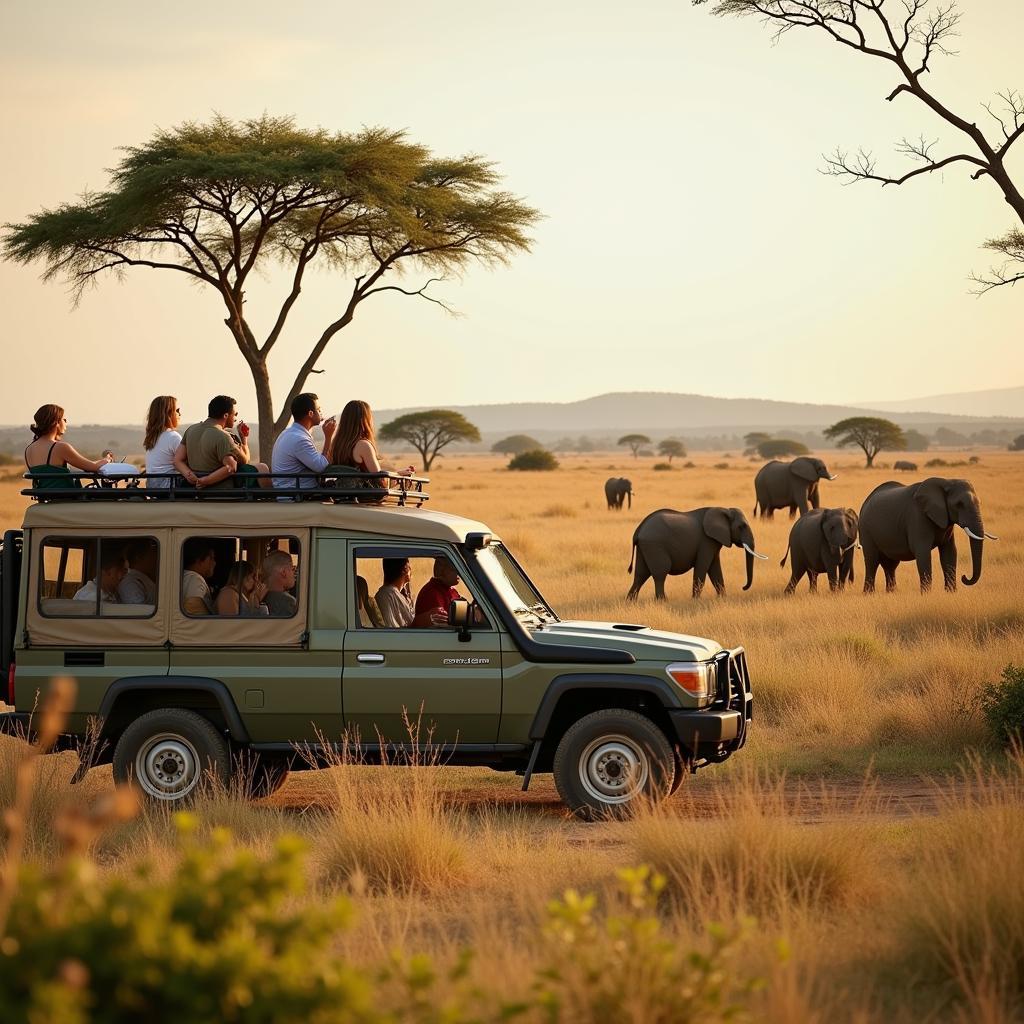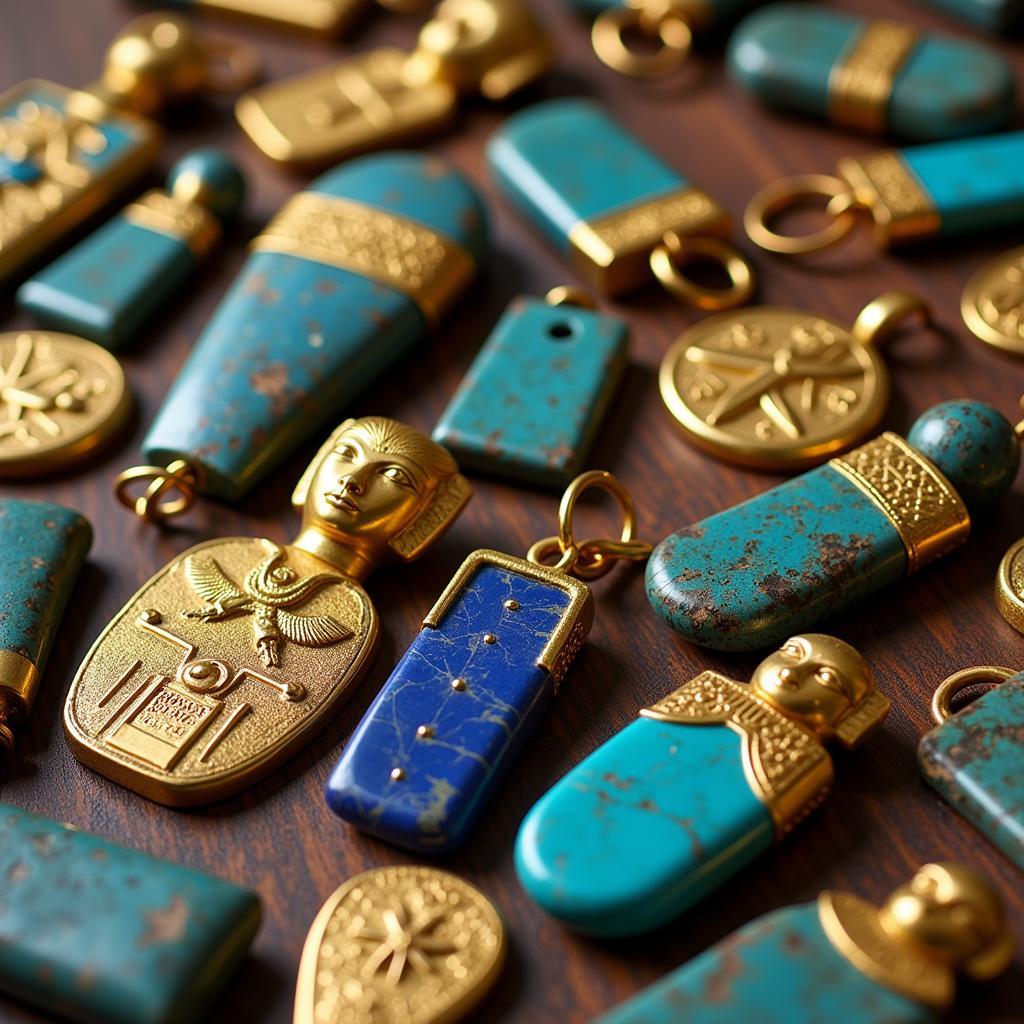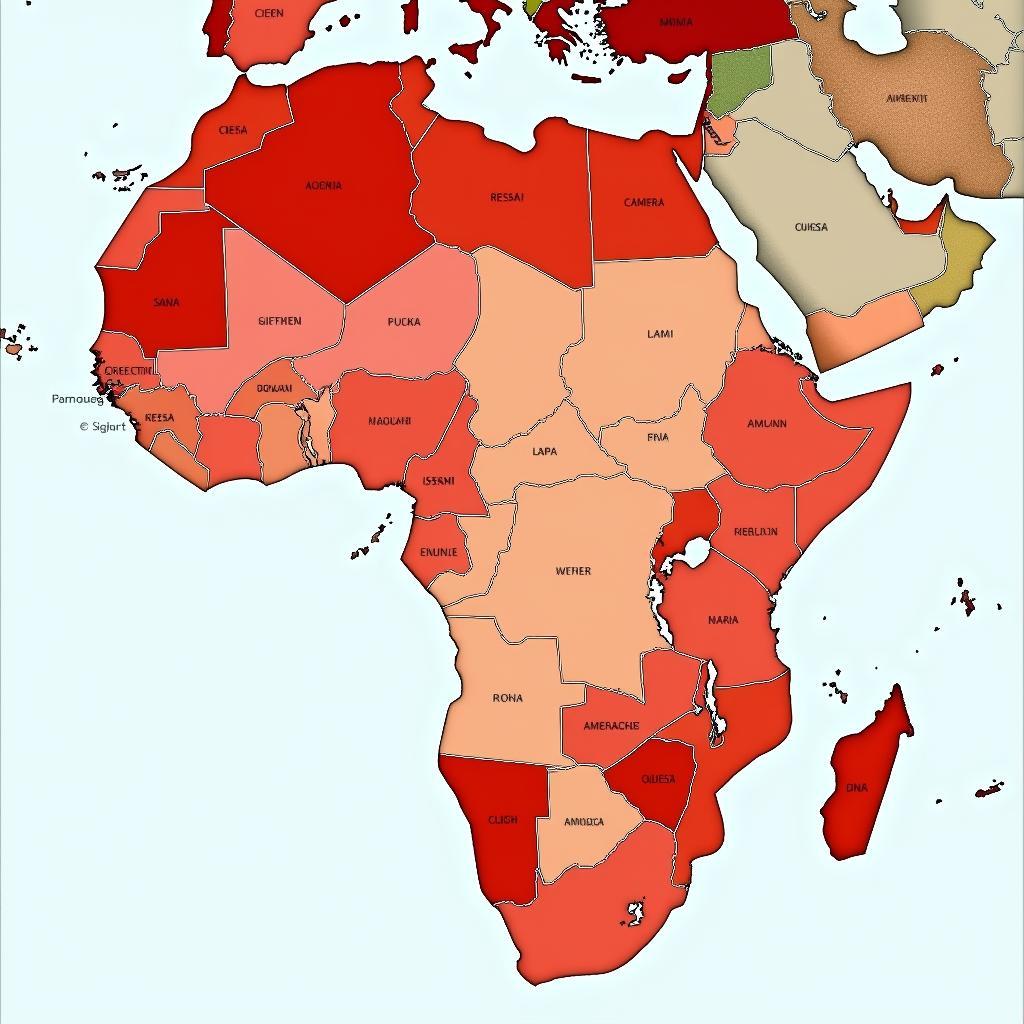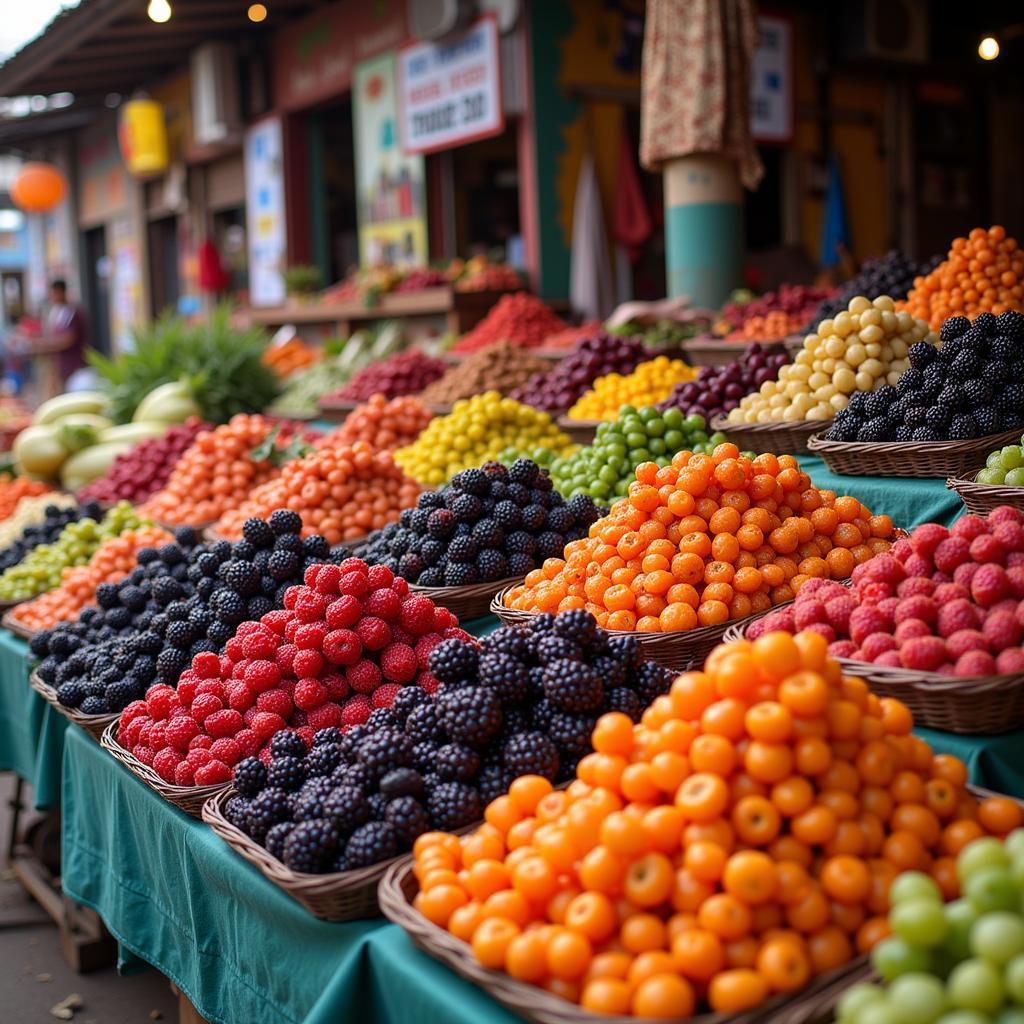A Celebration of African Hairstyles for Women
From intricate braids to elegant cornrows, African hairstyles for women are as diverse as the continent itself. For centuries, these styles have served as a form of self-expression, cultural identity, and even a testament to social standing. More than just aesthetics, they offer a glimpse into the rich history and traditions of various African communities.
Unveiling the History and Significance
The art of hair braiding in Africa can be traced back thousands of years. Archeological discoveries reveal evidence of elaborate hairstyles in ancient civilizations like Egypt and Nubia. These early depictions highlight the significant role hairstyles played in social hierarchy, marital status, and tribal affiliations. For instance, complex hairstyles often denoted wealth and power, while specific braids signified a woman’s readiness for marriage.
A Tapestry of Styles: Exploring Regional Variations
Across the vast expanse of Africa, hairstyles vary significantly, reflecting the unique cultural nuances of each region.
West Africa: A Cornrow Kingdom
West Africa stands out with its dazzling array of cornrow styles. From simple straight backs to elaborate designs incorporating beads and cowrie shells, cornrows are a ubiquitous sight. In Nigeria, the Yoruba tradition features styles like shuku, patewo, and kolese, each carrying its own symbolism and significance. Similarly, Ghana boasts its own unique repertoire, including cornrows woven into intricate patterns and adorned with gold ornaments.
East Africa: Braids, Twists, and Natural Beauty
East African hairstyles often embrace a more minimalist approach, emphasizing natural hair textures and simple yet elegant styles. Maasai women are known for their shaved heads adorned with intricate beadwork, while in Ethiopia, habesha braids are popular, often styled in a crown-like fashion.
Southern Africa: From Bantu Knots to Afro-textured Styles
Southern Africa exhibits a blend of traditional and modern influences. Bantu knots, a style originating from the Bantu people, remain popular, while natural Afro-textured hairstyles are gaining traction, reflecting a growing movement towards embracing natural beauty.
More Than Just Hair: The Cultural Significance
The significance of African hairstyles extends far beyond their aesthetic appeal. They serve as:
- A Symbol of Identity: Hairstyles often reflect tribal affiliations and cultural heritage, allowing individuals to connect with their roots.
- A Social Activity: Hair braiding is a communal activity, often bringing women together to share stories and strengthen bonds.
- A Rite of Passage: Certain hairstyles mark significant life events, such as coming-of-age ceremonies or weddings.
- A Form of Adornment: Beads, cowrie shells, and other embellishments woven into hairstyles elevate them to an art form.
Modern Interpretations and Global Influence
African hairstyles have transcended geographical boundaries, influencing global fashion trends. Celebrities and fashion icons worldwide are embracing braids, cornrows, and Afro-textured styles. This mainstream recognition has led to a resurgence of interest in traditional African hairstyling techniques.
FAQs about African Hairstyles for Women
1. How long does it take to style African hair?
The time required to style African hair depends on the complexity of the chosen style. Simple cornrows might take a few hours, while elaborate braided styles can take an entire day or even longer.
2. Are African hairstyles suitable for all hair types?
While many African hairstyles are traditionally created on afro-textured hair, they can be adapted for other hair types with the help of extensions and braiding techniques.
3. How do I maintain my African hairstyle?
Proper hair care is essential for maintaining African hairstyles. Moisturizing the scalp regularly, sleeping with a satin scarf, and avoiding excessive manipulation can help preserve the style and prevent breakage.
4. Where can I find a stylist specializing in African hairstyles?
Many salons specialize in African hairstyles. You can search online directories, ask for recommendations from friends, or visit local African communities to find experienced stylists.
5. What are some popular African hair care products?
Shea butter, coconut oil, and black castor oil are popular natural ingredients used in African hair care products. They help moisturize, strengthen, and promote healthy hair growth.
Beyond the Braids: Discovering More
From ancient traditions to modern interpretations, African hairstyles for women offer a fascinating journey into a world of beauty, culture, and self-expression. Whether you’re drawn to the intricate patterns of cornrows or the elegance of natural Afro-textured styles, there’s a world of inspiration to explore.
For those seeking to delve deeper into the world of African Grey Parrots, we recommend exploring these related articles:
- African Grey Breeding Cages For Sale: Learn about suitable breeding cages for your feathered friends.
- African Grey Outdoor Aviary: Discover the benefits and considerations for setting up an outdoor aviary.
- African Grey Parrot Cage Online India: Find the perfect cage for your African Grey Parrot online in India.
Contact us at +255768904061, email us at kaka.mag@gmail.com, or visit us in Mbarali DC Mawindi, Kangaga, Tanzania for any inquiries or assistance. Our dedicated customer support team is available 24/7 to assist you.



